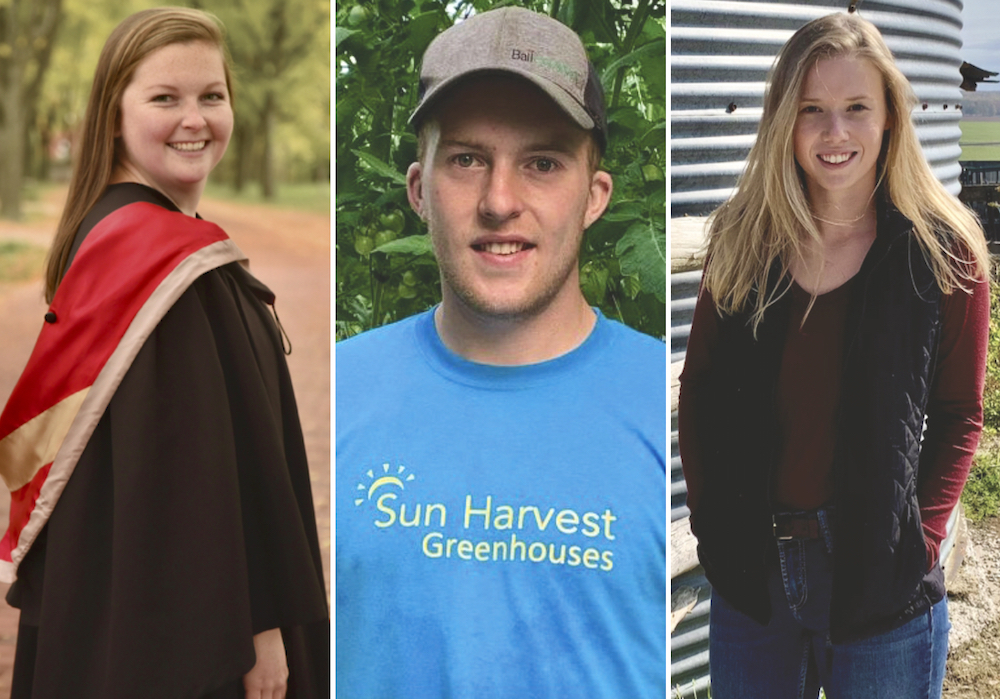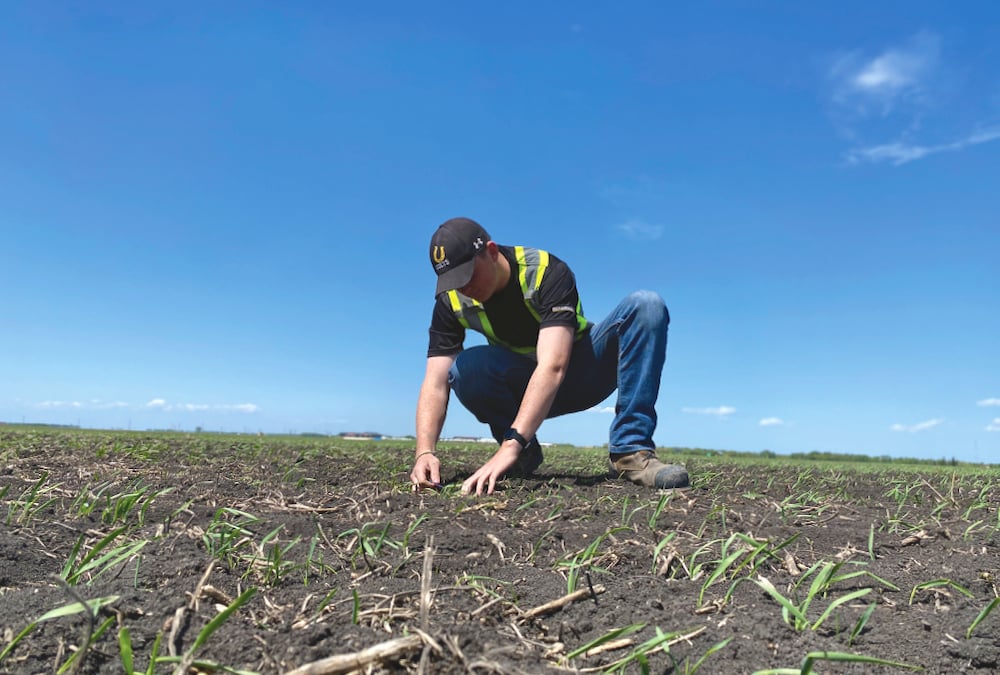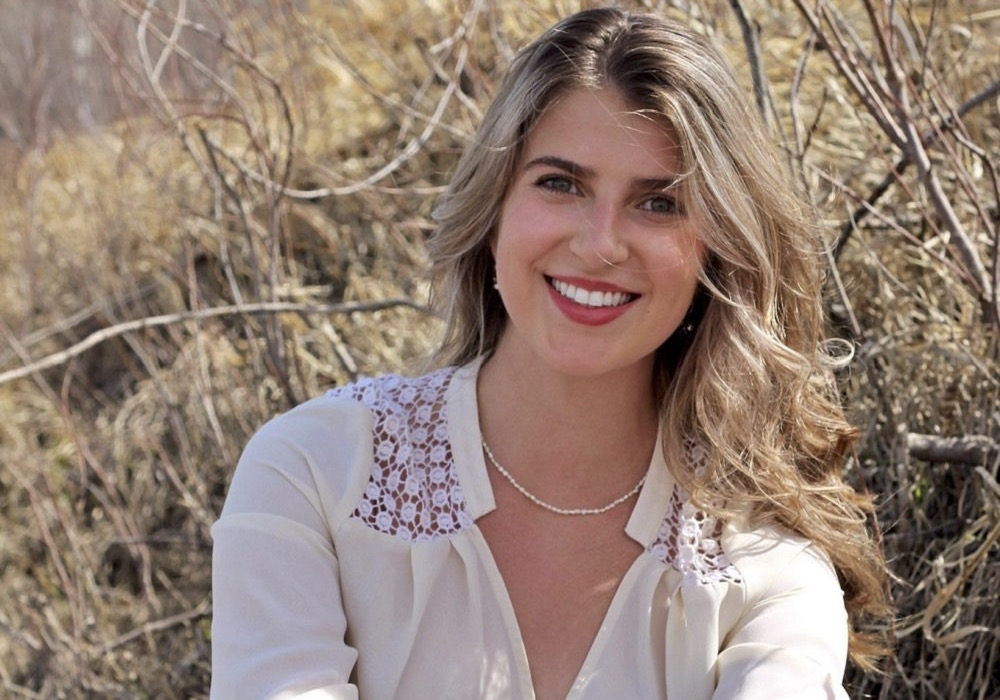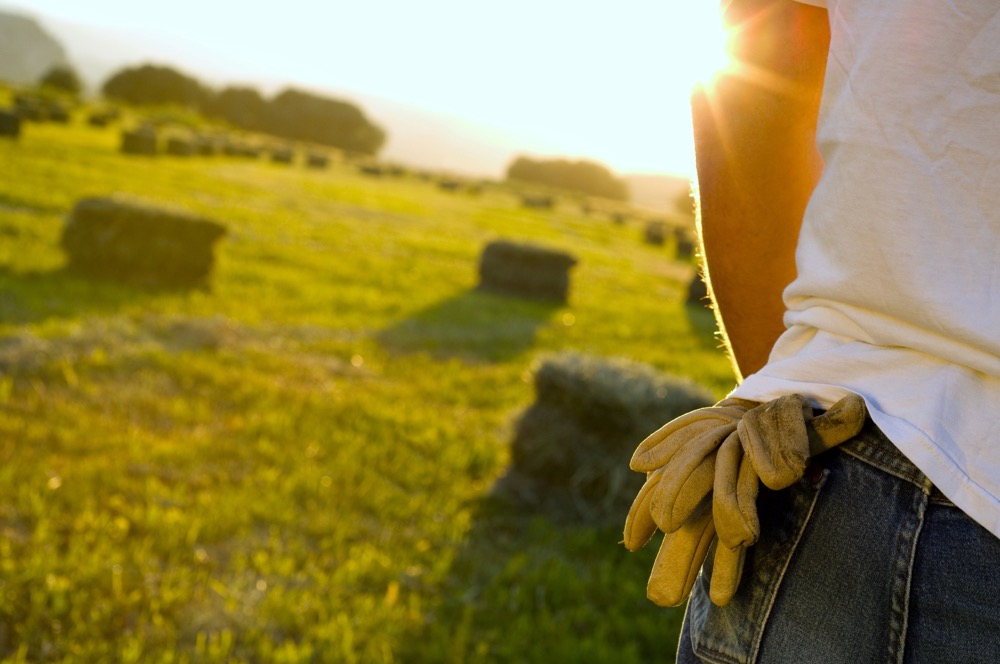When you returned home to the farm after college, university or trade school, no doubt you felt a great sense of accomplishment. And rightfully so. You earned this achievement! You invested time, personal stress and money in equipping yourself to enter “the real world.”
Maybe you also felt that you crossed a finish line, that the time for learning had passed. But this is a risky mindset.
Research shows that our brains are neuroplastic. This means that the brain can continuously change, adapt and grow neural networks based on our experiences — which means that we can keep learning throughout our lives. So, we can and should “teach an old dog new tricks.”
Read Also

How scientists are using DNA and climate data to breed crops of the future
A method for forecasting how crops will perform in different environments so that plant breeders can quickly select the best parents for new, climate-resilient varieties.
And because change is a constant in today’s world it also means that we will never cross the learning finish line. We should be open to learning every day of our lives.
But the realization that you will never be done learning can be complicated — especially when you have just absorbed a large amount of information in a structured, formal setting. You might just want to rest on the knowledge you dedicated so much time and resources to accumulate and stop being a student for a while.
This is especially true if you are returning to your family’s business and want to prove that you aren’t a kid anymore.
Your challenge is to share the knowledge you gained, while simultaneously reminding yourself and others that there is still a lot to learn. Everyone can be vulnerable to “you don’t know what you don’t know.” We can get caught in situations where we have little or no knowledge and end up making assumptions. And while making incorrect assumptions is risky, we can learn to manage the outcome.
Many people won’t admit when they don’t know an answer, or worse, will confidently chime in with their comments, whether it’s their area of expertise or not. So, how can you be a valued contributor without spouting off on topics about which you have little or no expertise?
You can take responsibility for several areas of personal growth, learn to understand yourself, build leadership skills and work toward becoming who you want to be in your business and personal life.
Try these approaches to help you become a trusted source of information and, consequently, a trusted business partner:
1 Be prepared to admit when you don’t know an answer but be equally committed to finding the solution. This may sound simple, but it is difficult to implement, especially when you are attempting to prove your worth as part of the farm team. As a former manager once said to me, “If you always tell the truth, you never have to remember what you said.” But what does it sound like to consistently own what you don’t know? “I don’t know, but I’ll find out.” It is surprisingly freeing to not have every answer and it’s pleasantly satisfying to know that you will find it — and learn in the process.
2 Own your mistakes and clean up quickly. This is also easy to say and hard to do, particularly when working with family who may tease or shame you for errors. Even when committed to admitting when you don’t know the answer, there will be times when you will confidently share the wrong information. When you realize your mistake, go back to the team and own up to your error. This is a quality of a good leader. A team culture in which individuals can admit errors without being punished frees everyone in the group to follow that example.
3 Practice lifelong learning. All your life experience and education to date is just the beginning, not the finish line. Being aware of the knowledge and expertise you currently possess means that you can always be on the lookout for what else you might want to learn. None of us will ever know everything, but as an individual, you can:
- Surround yourself with a network of people from whom you want to learn.
- Access the incredible amount of information available at your fingertips through technology.
- Stay consistently curious and build a habit of asking thoughtful questions.
(For more self-awareness and self-reflection tips, visit page 28 of The Future Leader: The Successor’s Guide to Family Business Leadership.)
Rest assured that you will bring an amazing amount of knowledge and insights to your farm during your lifetime.
The real opportunity will be to continually build your base of understanding, embrace the reality that there will be missteps, and realize that no situation in which you’ve learned is a waste.
To benefit you and your family enterprise, add those experiences to your knowledge bank, admit when you’ve made a mistake and lead with a commitment to growth.
– Patti Durand is a strategic action planner, speaker and author of The Future Leader: The Successor’s Guide to Family Business Leadership. pattidurand.ca.















